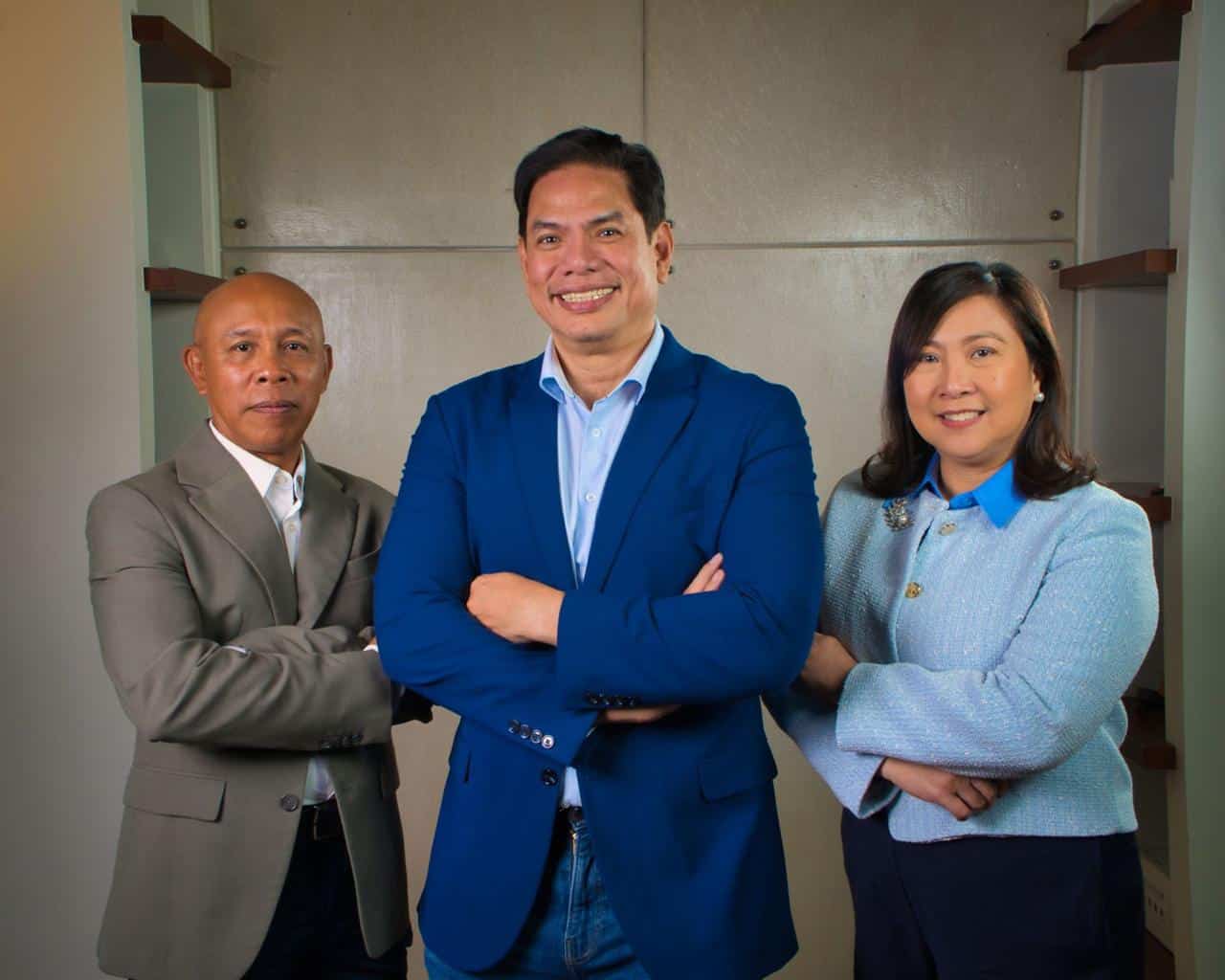Laang Kawal Partylist is ‘new voice’ of reservists, veterans, volunteers in AFP

Laang Kawal Party-list
MANILA, Philippines – Over 1.2 million reservists—teachers, farmers, students, and professionals—make up 89% of the Armed Forces of the Philippines (AFP), dwarfing the 150,000 active-duty personnel and serving as the nation’s reserve backbone.
They’re the go-to force for disaster relief, community security, and, with West Philippine Sea tensions simmering, a critical layer of defense against external threats.
Yet, despite their outsized role, the 2025 AFP budget of PHP 256.1 billion allocates less than 2%—roughly PHP 4-5 billion—to them, leaving reservists with outdated gear, patchy training, and thin support. As the May 2025 midterm elections approach, Laang Kawal Partylist, led by Lt. Col. Jaime Roberto Almario, Col. Noel Detoyato, and Lt. Col. Jannette Chavez-Arceo, is pressing for reforms to fix this gap and bolster reservists, veterans, and ROTC participants.
These reservists face stark realities, tethered to the outdated Reservist Act of 1991 (RA 7077), a law so under-resourced that many lack the mission essential materiel or equipment, as Almario has pointed out.
The 2017 Marawi siege laid this bare: reservists brought their own weapons and safety gear to fight, a stopgap that showed both their resolve and the AFP’s limited capability to empower citizen-soldiers due to competiting priorities of the defense establisment.
Laang Kawal wants standardized health and accident insurance for Annual Active Duty Training to cover risks—like injuries from drills—that active-duty troops don’t face alone.
“I’ve seen reservists step up in Marawi with nothing but grit and strong sense of patriotism; insurance for training now means we’re serious about keeping them in the fight,” Almario says, his Marawi experience is a firsthand lesson in their grit and the system’s shortfall.
The burden extends beyond these so-called part-time soldiers to their families, who scrape by on tight budgets while their loved ones serve. Across the Armed Forces, this community—reservists, active troops, and their households—has felt cast aside for years, neglected by a system that leans on their sacrifice but offers little in return. Laang Kawal aims to change that with low-interest microfinance facilities for immediate dependents, providing a lifeline to launch small ventures or cover essentials. “Reservists train hard. Their families need support too so they can manage without breaking,” Detoyato states, drawing from his Army experience to show how steadying families strengthens the force.
This neglect carries over to veterans and retirees, who, after decades of service, wrestle with a healthcare system stretched beyond capacity.
The Veterans Memorial Medical Center (VMMC) in Quezon City stands as the nation’s sole dedicated veterans hospital, managed by the Philippine Veterans Affairs Office (PVAO). With only one facility, it’s overwhelmed—veterans beyond Metro Manila endure long journeys, while even local waits stretch due to overcrowding.
Private hospitals could help, but many reject PhilHealth, forcing veterans to pay out of pocket or go without. Laang Kawal proposes Letters of Guarantee to unlock select private providers for medical benefits, easing this crunch for a community long overlooked.
For those same veterans, chronic issues like kidney disease—widespread among older Filipinos—pile on added strain, draining funds, and energy. Laang Kawal’s push for free dialysis in select facilities nationwide offers a direct fix to this health crisis, aiming to lift a burden from those who’ve served.
Looking ahead, Laang Kawal turns to the next generation, targeting ROTC with partial scholarships for cadet officers at private institutions and stipends for those in state colleges and universities to boost enrollment. “The youth are our future strength,” Chavez-Arceo notes. “This investment builds a pipeline of leaders ready to step up.”
She adds that it is also a way to harness young energy for patriotism, steering it toward patriotic service rather than disillusionment that feeds insurgent groups in neglected regions. She stressed that to prevent this, and ensure unhampered economic development, we need to maintain peace especially in the countryside.
With 1.2 million reservists as the AFP’s core, their readiness is non-negotiable—especially with security issues like the West Philippine Sea disputes testing the nation’s limits. Detoyato stresses that without proper backing, this vast force is sidelined, a lesson etched in Marawi’s ad-hoc efforts. “We need the tools to protect our communities and the whole country,” he states plainly.
The party’s tagline, “To secure peace, we must stand ready for war,” underscores their mission to equip this force for any challenge, a vision that could strike a chord with voters in May, offering a chance to finally lift this sidelined military community—reservists, veterans, and their families—into the readiness and support they’ve long yearned and the nation urgently requires to face its imminent threats head-on.


















